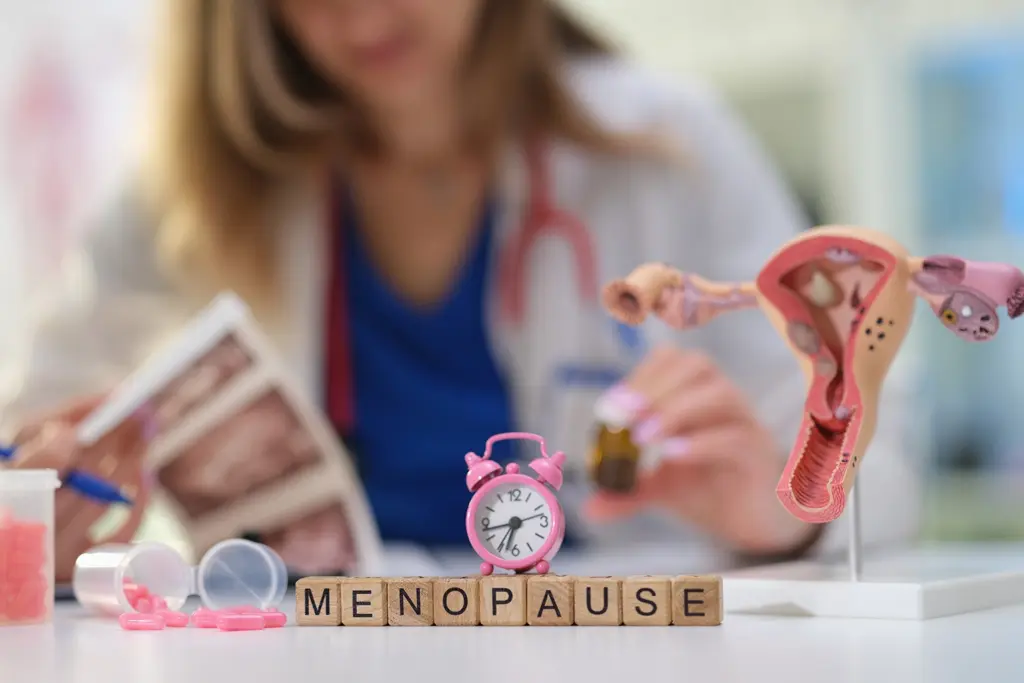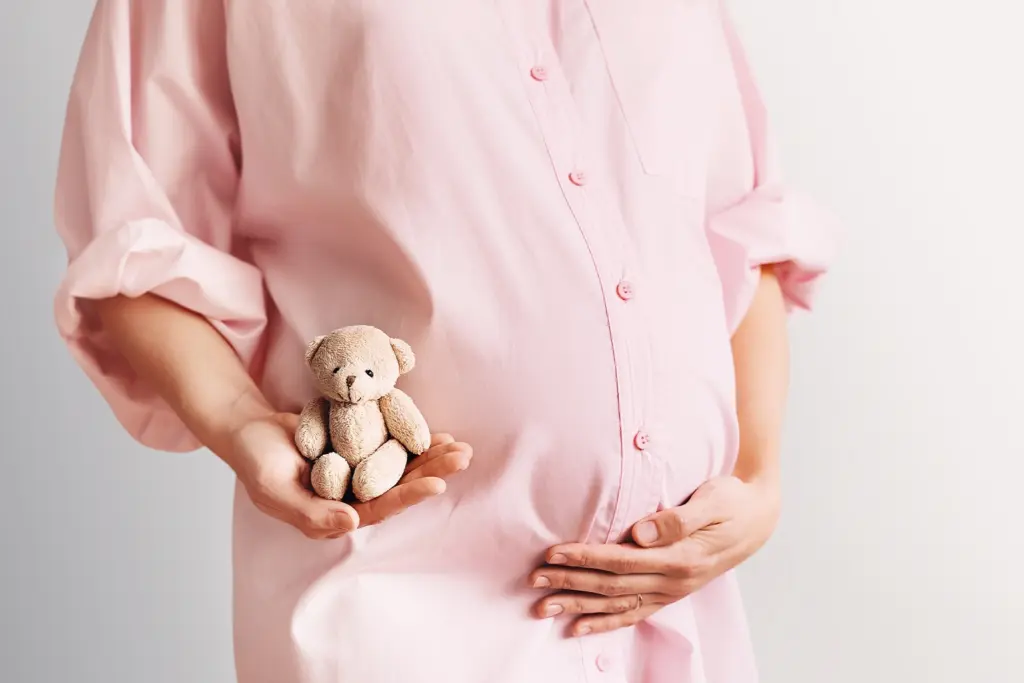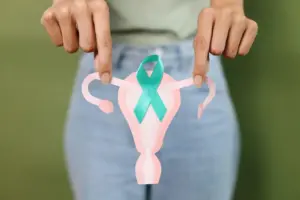
IVF and menopause: It’s a question a lot of women quietly wonder about, especially if they’ve been through, or are considering, in vitro fertilisation (IVF): Will all those fertility drugs and egg retrievals “use up” my eggs faster and push me into early menopause?
Let’s understand it without getting scared by myths.
First off, menopause isn’t triggered by IVF. Menopause happens when your ovaries naturally run out of functioning eggs, and hormone production drops. That process is mostly controlled by genetics, age, and sometimes medical conditions, not by a few rounds of assisted reproduction.
Also Read | Are IVF babies as healthy as naturally conceived ones?
Here’s where the confusion comes in. Women are born with a fixed number of eggs. Every month, a small group of them start to mature, but only one (sometimes two) gets released during ovulation. The rest are reabsorbed by the body. IVF doesn’t “create” extra egg loss, it just takes the eggs your body was already getting ready to discard and brings them to maturity all at once.
Think of it this way: You’ve got a basket of apples. Every week, a few start to ripen. Normally, you’d eat one and toss the others. IVF is like deciding, “Hey, I’ll use all the ripe ones right now.” You’re not taking apples from the future basket. You’re just collecting the ones that were about to go to waste.
Now, does that mean IVF has zero effect on your reproductive timeline? In most cases, yes, at least not in a way that’s measurable. But here’s the nuance: if your ovarian reserve (basically, egg count) is already low because of age or other factors, IVF can make you aware of it much sooner. That’s not the same as causing early menopause, but it can feel like the clock is suddenly ticking louder.

Some women also notice cycle changes after IVF, like irregular periods, hot flashes, and mood swings. Those can mimic menopause symptoms, but they’re usually temporary and related to the intense hormone changes during treatment. Once your body resets, those symptoms tend to fade.
Of course, there are exceptions. If someone goes through multiple back-to-back IVF cycles, especially at an older age or with an already diminished egg reserve, their supply may run lower faster. But in most cases, that’s more about starting numbers than the treatment itself.
Here’s my take: IVF is a high-stakes, emotionally loaded process. It’s natural to worry about side effects that could affect the rest of your life. But the science (and plenty of lived experiences) shows that early menopause isn’t an inevitable outcome. The bigger risk is emotional burnout and financial strain, not your ovaries giving up early.
If you’re still uneasy, ask your doctor for an AMH test (anti-Müllerian hormone). It gives a pretty good snapshot of your egg reserve, so you know where you stand before and after treatment. Knowledge doesn’t erase uncertainty, but it sure beats sitting in the dark.
Also Read | How many of these 5 women’s health myths have you heard?
Bottom line? IVF can be tough on the body and mind, but early menopause is rarely part of the price.








